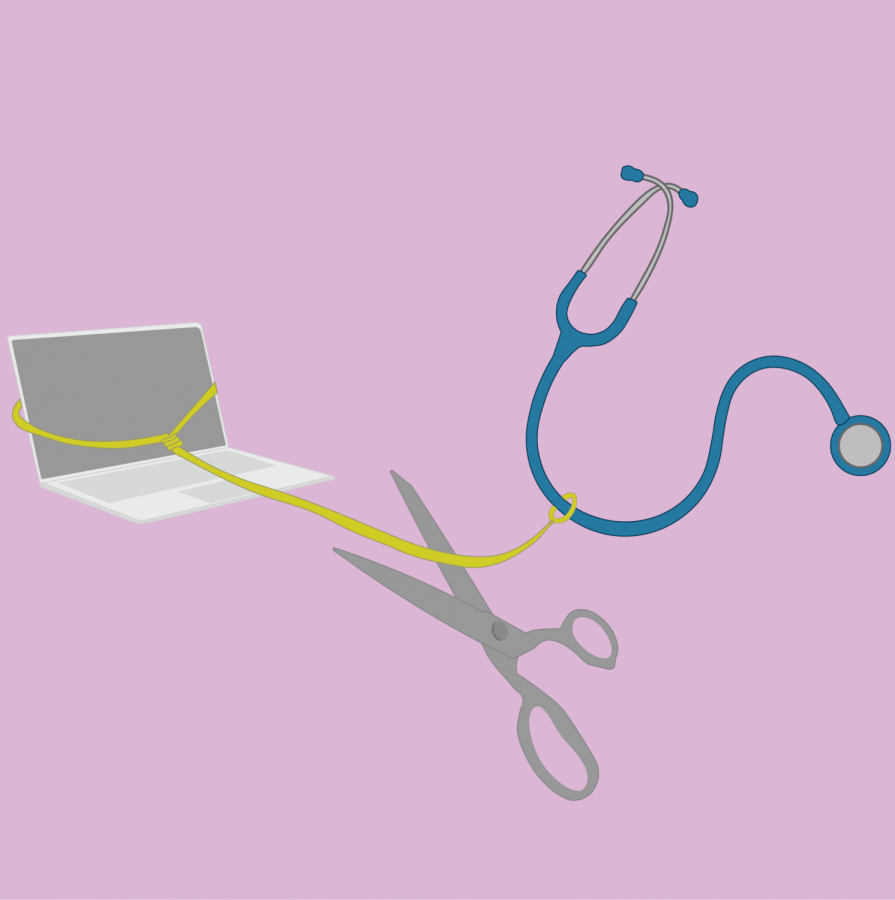Opinion | Prioritize interests over ‘what ifs’
Sep 30, 2019
The start of a new academic year brings countless possibilities for college students. Although everyone enrolled has at least a vague idea of what it is they want to follow, it is important to keep an open mind to the prospect of trying new things — and one of these things might be the art of letting go.
It is all too easy to become engrossed in the seemingly expansive opportunities there are to pursue in new fields. Quad Day and orientation activities lure students into new RSOs and courses through free food and T-shirts, but ultimately, the students often leave with more responsibility than they can manage.
The bottom line: It’s OK to not explore every unknown at the same time.
The issue of not knowing when to quit is backlit by a lack of self-understanding. Most career advisors will begin by asking what matters to you as a person. While it is important to try new things to keep that question ever-challenging, it is equally critical to evaluate your current state. When we try to keep an open mind, we may be shutting ourselves out from what we already know.
To provide a concrete example, I’ll draw from my own experience. I have had an interest in a medical career since high school. However, when it got to college application season, simply seeing all the possible majors made me question my certainty.
Get The Daily Illini in your inbox!
The University’s unique CS+ majors ended up being the reason why I knew I had to apply here. I was excited by the prospect of being able to pursue two things I thought I could see myself doing.
I was enrolled in Advanced Placement Computer Science A in high school, and while it started out well, it definitely had gone downhill by the end of the year. I attributed this decline to “senioritis” and moved on.
Flash forward to orientation before freshman year and class registration, and I already had a lingering distaste toward computer science. During my senior year of high school, I had also completed a job-shadowing program where we shadowed different specialties in the hospital, and I had been immersed in the medical field a lot more than computer science.
Nevertheless, I worked out a plan with my advisor to take computer science, chemistry and biology in place of calculus II because I knew I had more of a chance of needing biology credit than calculus.
The moment I first altered my course selection, I should have known I didn’t have an interest in computer science. If I hadn’t still been trying so hard to keep the door to a field other than medicine propped open, I might have been more receptive to what I already knew: My heart wasn’t in it.
This became apparent with the way I approached extracurriculars. Within my first month on campus, I had become a volunteer at both Carle Foundation Hospital and McKinley Health Center and I was looking into neuroscience research positions. Despite not exhibiting this same quest for involvement in computer science, I was unwilling to give up on it simply because it happened to be going well.
That is, until the Week 4 quiz hit. Going from consistent 90%’s on the quizzes to a 69% on the quiz before the midterm was definitely a wake-up call.
I flashed back to my conversation with my adviser in June and began replaying the hypothetical of dropping the class and adding something to fill my credit-hour requirement for the second eight weeks.
As author Scott Young argues, knowing when to give up starts with the question, “Do you have a better opportunity?” And at that point, I realized I did.
It is crucial to try new things and prevent yourself from becoming boxed in. But if you want to flesh out your current identity, you must be willing to understand who you already are. Listening to your gut will be significantly more fulfilling than forcing yourself into something you know isn’t part of your overall plan.
Tara is a freshman in LAS.






